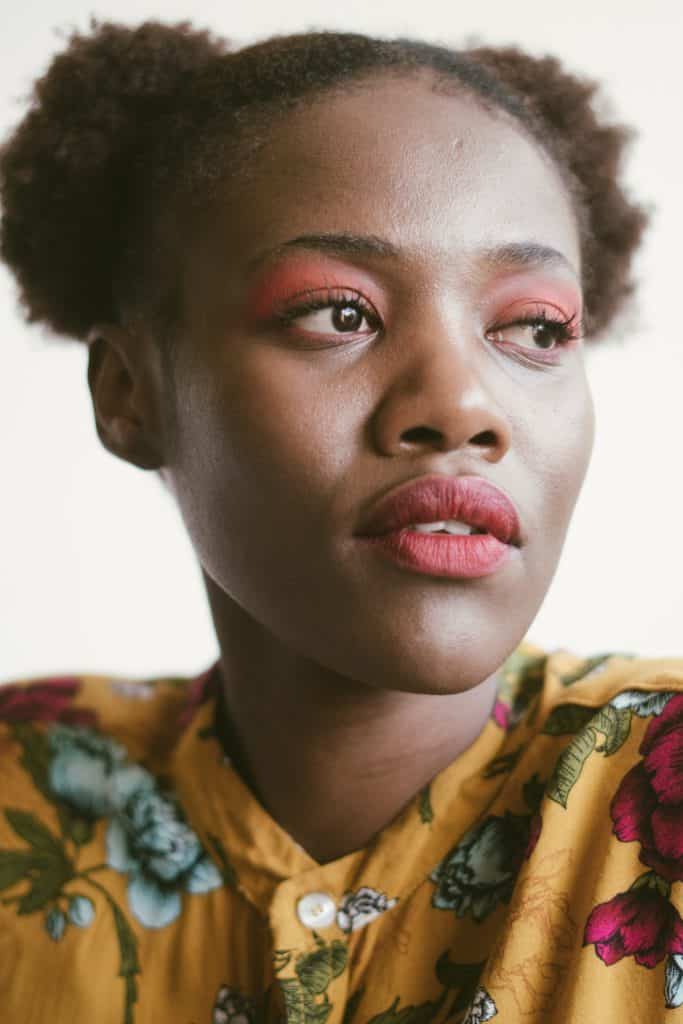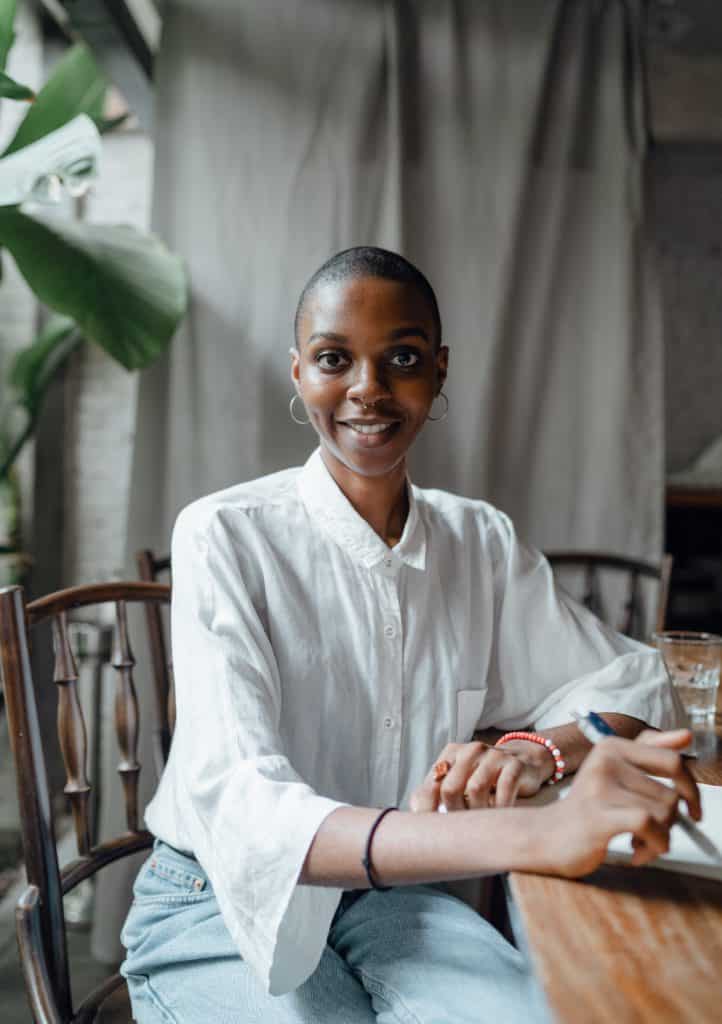Everybody loses some amount of hair on a daily basis.
This is a normal part of the hair cycle. If you just recently gave birth however, you should expect to shed a little bit more. Nevertheless, its helpful to remember that the term “a little bit” is relative, as some mothers report sudden shedding and losing hair in clumps!
This can be a traumatizing experience as most mothers usually go from having full, lush, model type hair to have scanty, weak, damaged hair.
Why does this happen?

What Causes Postpartum Hair Loss?
It is normal to lose hair-an average person loses about 100 hairs a day.
This loss happens gradually in such a way that you do not really notice it. When you are pregnant however, your pregnancy hormones prevent this normal shedding to a large extent-leaving you with thicker and more lustrous hair. Sadly, all good things must come to an end…eventually.
This end usually comes within the few months after your pregnancy. After you give birth, your pregnancy hormones return back to normal-and so do your extra hairs.
How Much Postpartum Shedding is Normal?
Some mothers report losing so much hair that it feels like they are going bald! So do not be surprised to find a lot of hair strands on your pillow or clogging your shower drain.
Your hair may literally be coming out in clumps, and your edges, nothing to write home about. This is because compared to the normal hair loss of about 80-100 hairs daily, new mothers can expect to shed about 400 hairs per day! However, don’t panic. You are not going bald, your hair is just returning back to normal.
How Long Does It Last?
Don’t freak out yet; Postpartum hair loss does not last forever.
The shedding will stop eventually. You should notice a reduction in the hair loss after about 6months postpartum. Thankfully, most new moms report that their hair has returned or is on it’s way to returning to it’s pre-pregnancy state by their child’s first birthday.
However, if your hair loss does not slow down, it may be an indication of an underlying health issue. If this is your case, you should consult your doctor.
How Can Postpartum Hair loss Be Managed?
The entire process of pregnancy and child birth can be stressful and may put a toll on your health. Thus, the first thing on your list should be ensuring that your blood work is normal. That is; your blood sugar, iron, ferritin, zinc and vitamin D levels are at normal levels.
After that, you need to manage your stress levels. We know it is easier said than done, especially when caring for a baby. Regardless, try your best to eat a healthy diet (with plenty of protein) and get enough sleep. This will do you a lot of good in managing the hair loss.
However, if your think your hair loss is too severe or it does not reduce after a while, it may be a sign of something else. You can consider speaking to a dermatologist or a certified trichologist. Recommended treatment or management programs may include drugs, therapy sessions and laser treatment that will stimulate new hair growth.
Does Hair Loss Worsen With Subsequent Pregnancies?
Postpartum shedding does not get worse with your subsequent pregnancies. However, pregnancy can trigger some genetic hair loss conditions like female pattern baldness, with hair loss becoming more severe with each pregnancy.
Tips For Dealing With Postpartum Hair loss
Although postpartum hair loss is something you have little control over, there are still a few things you can do to manage the situation. Here are few tips to minimize hair loss as much as possible:
- Eat healthy: this will keep your hair healthy and in turn reduce shedding. Try to eat a balanced diet with lots of fruits, vegetables and protein. Also do not forget to take your prenatal vitamins.
- Treat your hair like your second baby. Your hair is in it’s most fragile state right now, so you need to be extra gentle with it. Reduce shampooing to a minimum and use a good conditioner to keep your hair soft and moisturized. Use a wide-toothed come to detangle and be extra gentle.
- Avoid using rubber bands-they pull at your hair strands and increase hair loss. It is better to use scrunchies or barrettes instead.
- Also avoid tight ponytails for now, your edges will thank you for it.
- Reduce using heat on your hair to a minimum-skip the blow-dryers, curling and flat irons.
- Avoid chemically based hair treatments like highlights, perms, dyes, e.t.c., at least until the hair loss reduces.
- Speak to your doctor if your hair loss is excessive or does not reduce after a while.
A Final Note
Postpartum hair loss is no doubt a difficult thing to experience, especially if yours is severe.
Seeing your edges receding and your hair coming out in clumps can be traumatizing and frustrating. However, it is comforting to know that this is just another pregnancy/childbirth phase that will soon pass. So for the mean time, follow our tips to minimize your hair loss as much as possible. Don’t feel ashamed of your shedding, it is a sign that you have brought your little one into this world.

Be proud of it instead, it is your badge of honour!
REFERENCES
- Leavitt, M. (2008). “Understanding and Management of Female Pattern Alopecia”. Facial Plastic Surgery. 24 (4): 414–427.
- Schiff, Bencel L.; Kern, A B (1 May 1963). “Study of Postpartum Alopecia”. Archives of Dermatology. 87 (5): 609.
- Eastham, John H (February 2001). “Postpartum Alopecia”. The Annals of Pharmacotherapy. 35: 255–258.
- Shutterstock

